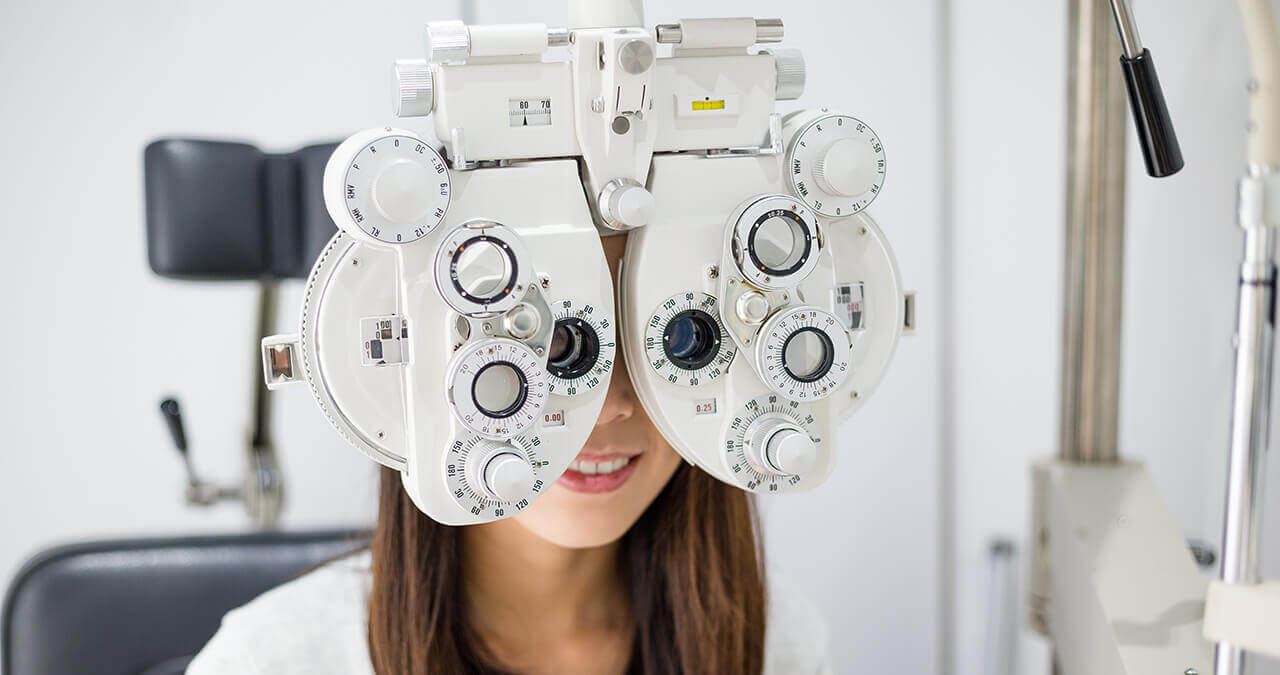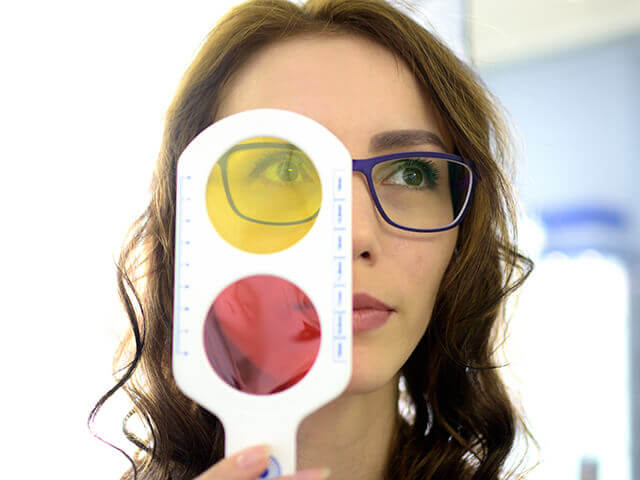
At The Eye Center, providing excellence in eye surgery is a top priority and without state of the art eye exams, we could not get a proper diagnosis. Patients will often seek medical attention if our eyes hurt, or turn red, or if our vision becomes blurry. But we don’t often get our eyes examined regularly if we are not having any problems with them. We would like to emphasize how important eye exams can be to your future eye health and any upcoming eye surgery.
“Detecting eye diseases as early as possible gives you the best chance of saving your sight. Some of the most common eye diseases can blind you before you ever notice the first symptoms.”
-Pierre Alfred, MD
What you need to know when preparing for an eye exam?
Upon calling into our practice we will need you to describe your current vision condition and any issues that you might be experiencing. We will need to discuss whether or not your vision condition will require being dilated. This is important because you will need a ride in the event that you are dilated. Patients should also have an understanding of how payment will work and know insurance information as well as the overall cost.
Before attending the eye exam appointment, patients should gather the following information to help answer questions the eye care professional may ask:
- Symptoms of current eye problems (flashes of light, difficulty seeing at night, temporary double vision, loss of vision, etc.).
- Eye injuries or eye surgeries (approximate dates, where treated).
- Family history of eye problems, glaucoma, macular degeneration, cataracts, etc.).
- Any questions about their vision, glasses, contacts, laser surgery, etc.
- A list of all Prescriptions and over-the-counter drugs currently being used.
- Their general health condition (allergies, chronic health problems, operations, etc.).
Patients should also take the following items with them to their eye appointment:
- Glasses, contact lenses or both.
- A list of all Prescriptions and over-the-counter drugs currently being taken.
- Medical or health insurance card.
How often should you have a comprehensive eye exam?
For Children
Children should have their first examination, including a measurement of vision, before they begin kindergarten. After their kindergarten screening vision should be monitored every few years. It is important that they can read the chalkboard and see well if playing sports. Visual preparedness is important for success.
For Teenagers
It is a good idea for teens to have a full eye examination before beginning to drive, to make sure they can handle a car and not get into an accident. For many teenagers myopia start to become significant and seeing in the distance can often go undetected.
For Adults
Adults should consider having an eye exam every year or two beginning at age 40, and at least once a year after age 50. At age 40 presbyopia often sets in and can really make seeing up close challenging. Reading vision starts to diminish.
What are the types of eye exams performed?
Our eye exams are thorough eye health examinations and involve a lot more than just measuring whether you see 20/20 or 20/400. Listed below are some of the eye tests that we perform at The Eye Center.
- Visual Acuity Test
- Visual Field Test
- Refraction Assessment
- Color Test
- Eye Muscle Test
- Retina Examination
- Slit Lamp Review
- Glaucoma Screening
- Pediatric and Child Eye Exams

About The Eye Center
Whether you are seeking advanced ophthalmology surgery or a comprehensive eye exam, our staff of eye care professionals is here to help. Our team of top-notch eye doctors practice in 2 convenient locations in Athol and Greenfield. We are your trusted Massachusetts eye doctors. Call us anytime to schedule an appointment. You can also complete our online eye exam to schedule or request an appointment.
